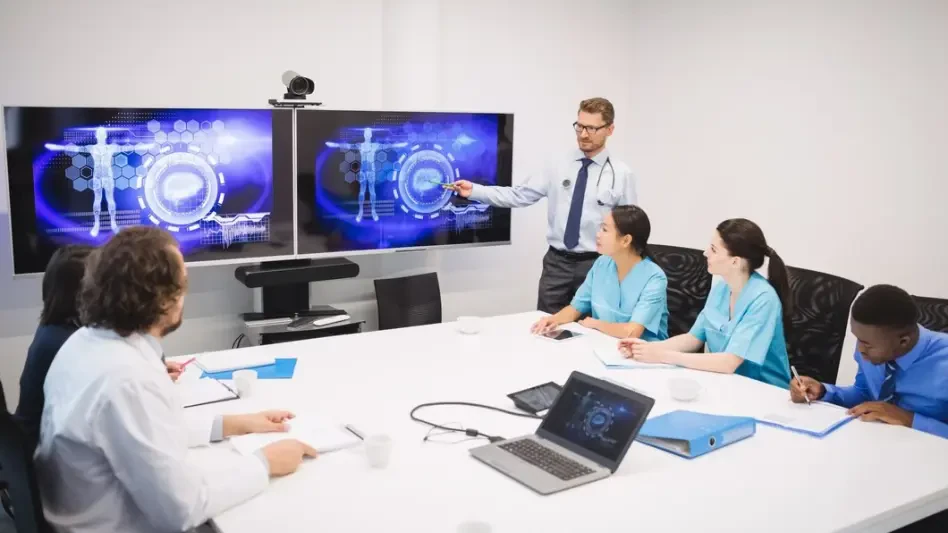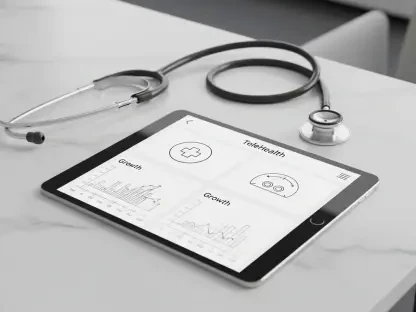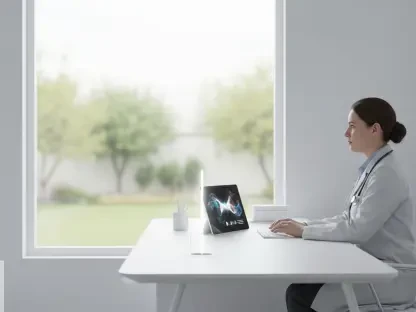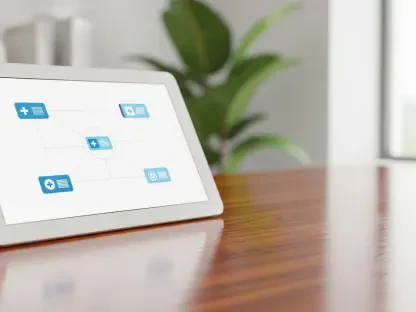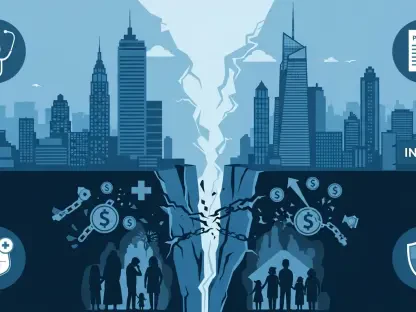Setting the Stage for Healthcare Innovation in the Lowcountry
In the heart of South Carolina’s Lowcountry, a region grappling with an aging population and persistent healthcare staffing shortages, a beacon of hope emerges for the nursing profession. The demand for skilled nurses has never been more pressing, with local healthcare systems struggling to meet community needs amid rising patient numbers. This challenge sets the stage for a transformative development at the Technical College of the Lowcountry (TCL), where a cutting-edge facility promises to reshape nursing education and bolster the regional workforce. The dedication of a new simulation center marks a pivotal moment, offering a glimpse into how targeted investments can address systemic gaps in healthcare delivery.
The healthcare industry in the Lowcountry, like much of the nation, faces a critical juncture. An increasing number of retirees and chronic health conditions strain existing resources, while the supply of trained professionals lags behind. TCL, a cornerstone of technical education in Beaufort, Colleton, Hampton, and Jasper Counties, stands poised to tackle these issues head-on with innovative training solutions. This initiative not only responds to immediate workforce demands but also aligns with broader industry trends toward simulation-based learning as a proven method to prepare competent caregivers.
Detailed Analysis of TCL’s Nursing Simulation Initiative
Facility Overview and Technological Advancements
Located at TCL’s Beaufort Mather Campus, the Frank and Stevie Raiti Nursing Simulation Center spans 625 square feet within the Health Sciences building. This modern space boasts two mock hospital rooms, a dedicated classroom, a control room equipped with sophisticated software, and mechanized mannequins that replicate real patient conditions. Such design elements create an immersive environment where nursing students can engage in lifelike scenarios, honing their skills with precision and realism.
The technology integrated into the center reflects a growing trend in healthcare education toward high-fidelity simulations. These tools allow for the replication of complex medical situations, enabling students to practice critical interventions without risk to actual patients. As educational institutions nationwide adopt similar setups, TCL positions itself at the forefront of this shift, ensuring its graduates are well-versed in both theory and practical application.
Data from recent industry reports underscores the effectiveness of simulation training, with studies showing a significant increase in student confidence and clinical performance. For TCL, this translates into a direct impact on the quality of care future nurses will provide in local hospitals and clinics. The center’s capacity to simulate diverse medical emergencies prepares students for the unpredictable nature of healthcare settings, a vital asset in a region with pressing needs.
Impact on Nursing Education and Skill Development
The simulation center serves as a bridge between classroom learning and real-world clinical practice, a critical component of TCL’s nursing program. Students can now rehearse essential skills such as CPR, patient assessments, and medication administration in a controlled setting. This hands-on approach fosters not only technical proficiency but also critical thinking, a skill increasingly valued in high-stakes medical environments.
Feedback from TCL’s community highlights the transformative nature of this resource. Students report feeling less anxious and more prepared for clinical rotations, while faculty express enthusiasm for incorporating advanced simulation tools into their teaching methods. President Dr. Richard Gough has noted that such facilities empower both learners and educators, creating a ripple effect that enhances the entire educational experience.
Looking at industry forecasts, the emphasis on practical training is expected to grow over the coming years, with simulation centers becoming standard in nursing curricula. TCL’s proactive adoption of this trend ensures that its graduates remain competitive in a tight labor market, equipped to meet the evolving demands of healthcare providers from 2025 onward. This alignment with future educational standards strengthens the college’s role as a leader in workforce development.
Addressing Regional Healthcare Workforce Challenges
The Lowcountry faces a stark reality: an aging demographic coupled with a shortage of qualified nurses places immense pressure on local healthcare systems. Hospitals and clinics struggle to maintain adequate staffing levels, a challenge compounded by the retirement of experienced professionals. TCL’s new simulation center directly confronts this issue by increasing the capacity to train skilled nurses ready to step into these roles.
Beaufort Memorial Hospital CEO Russell Baxley has emphasized the community-wide benefits of expanding TCL’s nursing program. With the simulation center, the college can produce graduates who are not only technically adept but also attuned to the specific needs of the region’s patient population. This targeted training is poised to alleviate some of the staffing burdens faced by local facilities, ensuring better health outcomes for residents.
Industry analysis predicts that regional healthcare demands will intensify over the next decade, necessitating innovative solutions like simulation-based education. By preparing a steady pipeline of competent nurses, TCL contributes to a sustainable workforce strategy that supports the Lowcountry’s health infrastructure. This effort mirrors broader national efforts to address nurse shortages through enhanced training programs and community partnerships.
Role of Philanthropy and Community Engagement
A key driver behind the simulation center’s establishment is the generosity of longtime TCL supporters Frank and Stephanie “Stevie” Raiti. Their substantial donation made the facility a reality, building on their previous contributions such as the Joseph Raiti Memorial Scholarship in Practical Nursing. This act of philanthropy underscores the vital role that private investment plays in advancing technical education and addressing societal needs.
Community support extends beyond individual donors to encompass a shared commitment to workforce development in the region. Partnerships between educational institutions like TCL and local stakeholders create a synergy that amplifies the impact of such initiatives. The Raitis’ contribution serves as a model for how targeted giving can address specific industry gaps, particularly in healthcare education.
As technical colleges across the country seek to expand their offerings, the importance of community investment becomes increasingly evident. Industry trends indicate a growing reliance on public-private collaborations to fund specialized training facilities. TCL’s success in securing such support positions it as a benchmark for other institutions aiming to enhance their programs through external partnerships.
Reflecting on Achievements and Looking Ahead
The dedication of the Frank and Stevie Raiti Nursing Simulation Center at TCL marked a significant milestone in addressing the Lowcountry’s healthcare challenges. This facility elevated the standard of nursing education by providing students with unparalleled access to realistic training environments. The impact was felt immediately, as students and faculty alike embraced the opportunities for skill development and innovative teaching.
Beyond immediate outcomes, the center’s establishment paved the way for sustained progress in regional healthcare delivery. Stakeholders recognized the potential for long-term benefits, from improved patient care to a more robust nursing workforce. The collaboration between TCL, donors, and local healthcare leaders set a precedent for how targeted initiatives could yield widespread community benefits.
Moving forward, a focus on expanding access to such training resources emerged as a critical next step. Encouraging further investment in simulation technology and fostering additional partnerships with healthcare providers could amplify TCL’s impact. Exploring ways to scale these efforts, perhaps through outreach to neighboring regions, offered a promising avenue for ensuring that the Lowcountry’s healthcare needs were met with innovation and dedication.
